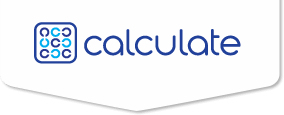Bridging our Differences with Personal Stories

Indeed, the subtle (yet protective) veil of decorum has come off. We are a nation polarized by two extremes — or at least it feels that way. Central to this, I believe, is our inability (or unwillingness) to engage in honest, productive conversation.
Do we, as a society, have the capacity to acknowledge different perspectives without trying to enforce acceptance or belittle each other? How does higher education, as an industry and influencer, move forward?
I believe we do so by setting an example of civil discourse; by truly listening to and learning from each other, in order to decipher the underlying concerns of the “other side.”
We do so by sharing our stories: who we are, where we come from, and how we persevere through life.
Short narratives (or videos) of student, faculty, and alumni success can reveal our differences in ways that both celebrate and connect us. Two recent examples come to mind:
- I wrote about a young man from Texas (“The Power of the Human Story”) whose parents were deported during his senior year of high school. Left alone, he found his way to a small, rural campus across the country where he found strength, solace, and support. His story humanizes the debate on immigration in a way that, perhaps, no other can.
- A community college student spoke about being raised in the foster care system, of having “no reliable family, no community or support until I came to college.” Clear in her goals and driven to be an independent, contributing member of society, she defies the stereotype of one raised alone and in poverty.
Those of us who work in admissions know the power of the human story. Prospective students tell us they want to hear from those within the college community — their experiences, impressions, and life stories.
A handful of diverse narratives (which can be developed for a digital enrollment campaign and repurposed for social media, recruitment publications, and website) show the depth of institutional reach and experience, with the added benefit of uniting us in our shared humanity. I can think of no better way to step forward.

